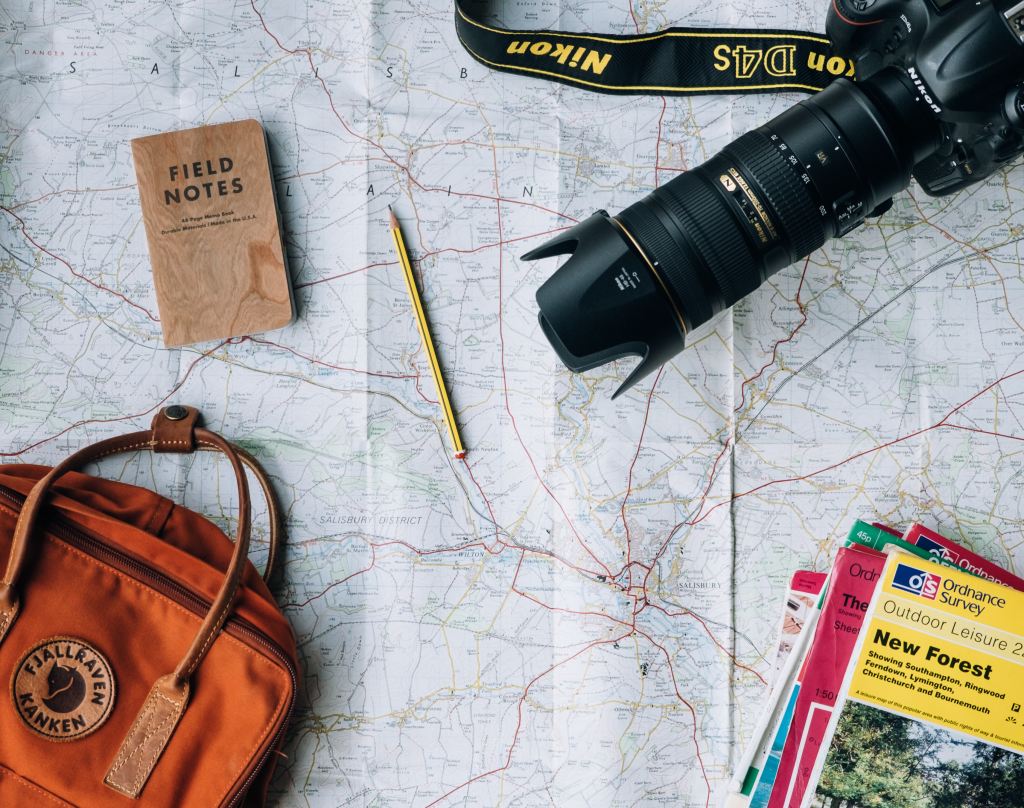This is a guest post by Martina Angela Caretta, PhD. Associate Professor in the Department of Human Geography, Lund University

Fieldwork, whether in a far away location or in the same city where the institution you are working at is located, is a corner stone of several natural and social sciences disciplines. Through fieldwork, PhD researchers can enact experiential learning by probing and studying what they might have previously read in books or seen in the lab. For many disciplines, fieldwork is truly a rite of passage without which the learning objectives of a PhD program would not be fulfilled.
During the pandemic fieldwork possibilities were zeroed out with many students having to pivot to online fieldwork. With field-working fully back in swing and underway during the summer season at Global North institutions, in this blog I offer some tips based on my personal PhD experience and as a supervisor, for how to support PhD researchers through potentially challenging fieldwork moments.
Most often, fieldwork is approached from the standpoint of practicalities, logistics and focusing on how not cause harm to the populations we are studying or working with. Rarely though we see the same level of ethical reflections being applied to ourselves as researchers. Discussions with supervisors tend to revolve around these questions: “Have you gotten enough data? Is it high quality data? How can it be used?” In this blog, on the contrary, I want to stress how focusing on fieldwork instances that are challenging should not be overlooked as they can constitute traumatic moments for students that might hinder them from attaining their degree. Asking questions to the like of: “How was the process of data gathering? How did you build rapport with your informants? Did you feel safe?” is the fundament to enacting an ethics of care in PhD supervision.
Prioritizing a care-full approach is particularly important in the neoliberal academic context we find ourselves in. Postgraduate researchers are under multiple pressures to perform their way through their PhD education by abiding by the measurable parameters set by the neo-managerial approach engulfing scholarly institutions currently. Their PhD education is their first trial run at being an ‘Academic Superhero’ who is flexible, mobile, produces plenty of publications, acquires grants, has no blank spaces on their CV, while going to conferences, teaching and combining all of this with house work, care work, often on a meager stipend with no prospect of financial security or academic advancement. Add fieldwork to all of this and this grinder can truly break someone. How can we counteract this through care-full fieldwork supervision?
Share your experience, prepare for the unexpected
Before my postgraduate researchers go off into the field, I share my experiences with carrying out fieldwork in a foreign country, in a language that was not mine, surrounded by a language I could not understand and being dependent on trusted field assistants for my research progress and safety. Presenting students with such scenarios is important to make them reflect on some of the personal challenges they might encounter. Additionally, we discuss some of these tricky questions, such as:
“How are you looking after your mental health and wellbeing? How will you respond to personal questions e.g. about religion, family, relationships? What if these are illegal or outside of the cultural norm in the host country? How do you your position and personal identity affect your interactions? Are you allowing sufficient time to build rapport and trust?”
How to deal with the unexpected in the field
Because of their gender, an (invisible) disability or just because of where they carry out fieldwork, students might have to prove themselves to the local community, they might experience personal scrutiny and harassment, it might be assumed that they can eat and drink everything that is offered to them or they might witness violence and illegal behavior that has not nothing to do with their research topic just because they are in that location.
In these cases, I urge my students to seek the support and cultural mediation of their gatekeepers or field assistants to deal with the situation at hand, get in contact with me to discuss the ramifications of what has happened and evaluate in earnest whether fieldwork needs to continue or not. Students should not feel pressure to deliver and push through tough mental and physical fieldwork conditions. We can always think of a plan B and be able to salvage a PhD project.
When back at work, debrief.
Following up periodic check-ins when PhD researchers are in the field, with a proper de-briefing when they are back on campus is fundamental. The first meeting we have face-to-face once they are back in the office should not be about the data, we should give them the space to share with us the challenges they encountered and allow them to take the time to adjust to the new routine and space.
As supervisors, it is our role to know available resources on campus where we can turn to keep ourselves up to date on supervising challenges, but also where we can tell our postgraduate researchers to turn to e.g. for psychological support.
As I argue in this co-authored paper, modelling care-full academic advising is fundamental for shaping decent academic citizens, and for instilling academia with future faculty members and advisors that recognize that fieldwork is not just about data collection.


